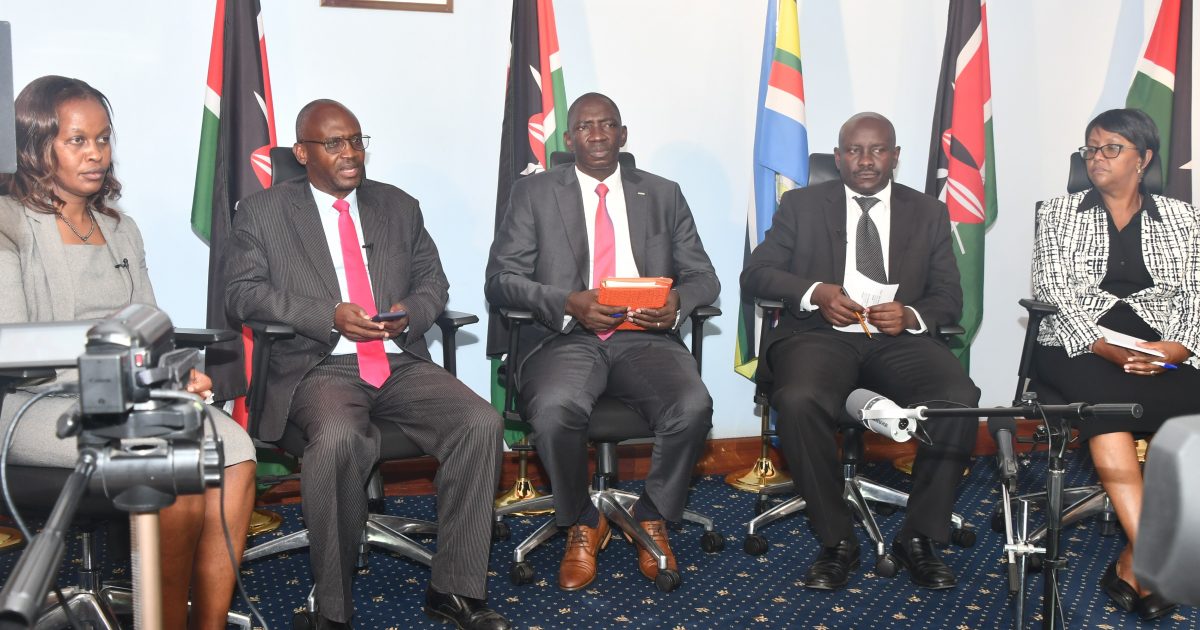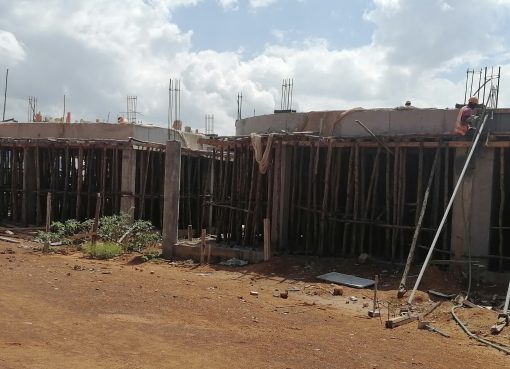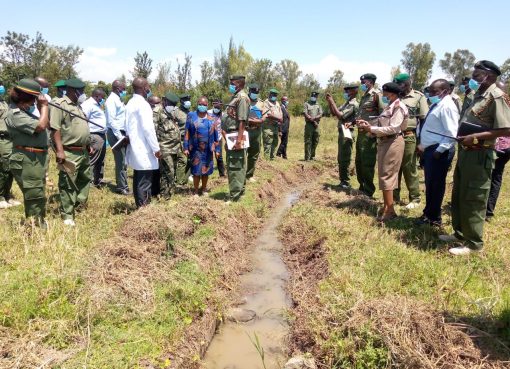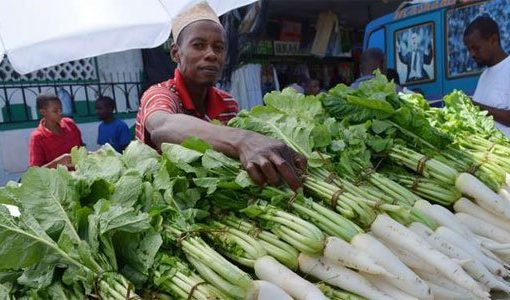The government has employed a multi-agency approach which has seen a successful implementation of the new Competency Based Curriculum (CBC).
Teachers Service Commission (TSC) Director of Quality Assurance Dr. Reuben Nthamburi said that they have so far trained over 229, 000 teachers using a multi-agency team which has been key in ensuring that all sectors and all kinds of learners have their needs catered for in an effort to leave no one behind.
Nthamburi said that they are working with the Ministry of Education officials, Centre for Mathematics, Science and Technology Education in Africa (CEMASTEA), Kenya Institute of Special Education (KISE), Kenya Institute of Curriculum Development (KICD), Kenya National Examinations Council (KNEC) among others to train the teachers who have rolled out the teacher training in the counties.
Nthamburi, speaking on Monday during the SemaNaSpox zoom discussion, said that they have managed to train the teachers now implementing the grade six class which has just started.
“We have started training the teachers for junior secondary and so far we have enrolled over 60, 000 who are going to be handling junior secondary from January 2023. The training is being conducted at the Sub-County level involving teachers from both public and private schools,” said Nthamburi, adding that the teachers will be trained on new methodologies and assessment.
Deputy Director of Education at the Ministry of Education Lawrence Karuntimi said that junior secondary will be domiciled in the secondary schools and in 2023 there will be a double intake of the normal form one and the new grade seven which will put pressure on especially the classrooms and that is why they are working on constructing the required classrooms.
“During last year’s Mashujaa day celebrations, the president ordered Treasury to make available Shs.8 billion for construction of 10, 000 CBC classrooms. We have done the first phase of this development where by the end of May 2022 we are expected to have 6, 497 classrooms ready. Right now we have over 5, 000 classrooms completed and handed over and we are mopping up the remaining few,” said Karuntimi.
He added that in the next financial year they are clearing the remaining classrooms for the first phase and in two years’ time they will have constructed 20,044 classrooms that were the deficit for the double intake.
“Part of the infrastructure that we are giving is provision of ICT equipment and every year we buy over 2, 000 computers that we distribute to schools. This has been happening progressively and therefore we expect that we equip the schools and provide the opportunity for our learners to be computer savvy and operate within the ICT space,” said Karuntimi.
He added that progressively they will also be providing the laboratories, workshops, dormitories and other infrastructure required by the schools.
Ann Ngatia from KNEC said they are changing the assessment from national examinations alone and they will now be focusing on formative assessment where they will be centering on giving feedback to learners in various intervals during the course of learning.
“KNEC has developed a framework that is guiding the assessment of learners starting from basic education; from grade one to 12 and the teachers focus will be on classroom assessment so that they are able to nurture the talents that the learners have,” said Ngatia.
She explained that at the end of grade three they will be giving the first formative assessment which they are calling the Kenya early year assessment also referred as monitoring learners’ progress and here KNEC gives a standardized assessment to all schools within the country.
“At grade four we are expecting KNEC to be giving a school based assessment which will be in the form of projects, practicals, portfolios, and oral assessment so that every learner stands a good chance to be able to demonstrate what they have learnt. The same will be applied to grade five which will be the same in grade six but will include a summative assessment since this is the last year in primary school and this will be in a multiple choice kind of assessment in five papers composed of English, Mathematics, Kiswahili, Integrated Science, and creative arts and social sciences,” explained Ngatia.
Ngatia highlighted that the overall assessment will have 60 per cent of the grades coming from the school from grade three up to grade six to determine the potential of the learners as they transit to grade seven that is junior secondary with the 40 per cent coming from summative assessment.
Government Spokesperson Col. (Rtd) Cyrus Oguna said that the government was proud to be rolling out a new curriculum with all the required materials and infrastructure made available before the rollout.
“The idea is about assessment that is focused beyond national examinations because we can be having a learner who is a genius in other areas and not in subjects like mathematics and the new CBC curriculum gives everybody a chance to explore their potential,” said Oguna.
Oguna said that the new CBC curriculum is preparing Kenyan learners to be able to take the country to the next level of development.
“Vision 2030 requires Kenyans who are skilled because we are developing in a global context and we need to give our learners the necessary competence to compete with their global counterparts,” said Oguna.
By Joseph Ng’ang’a





